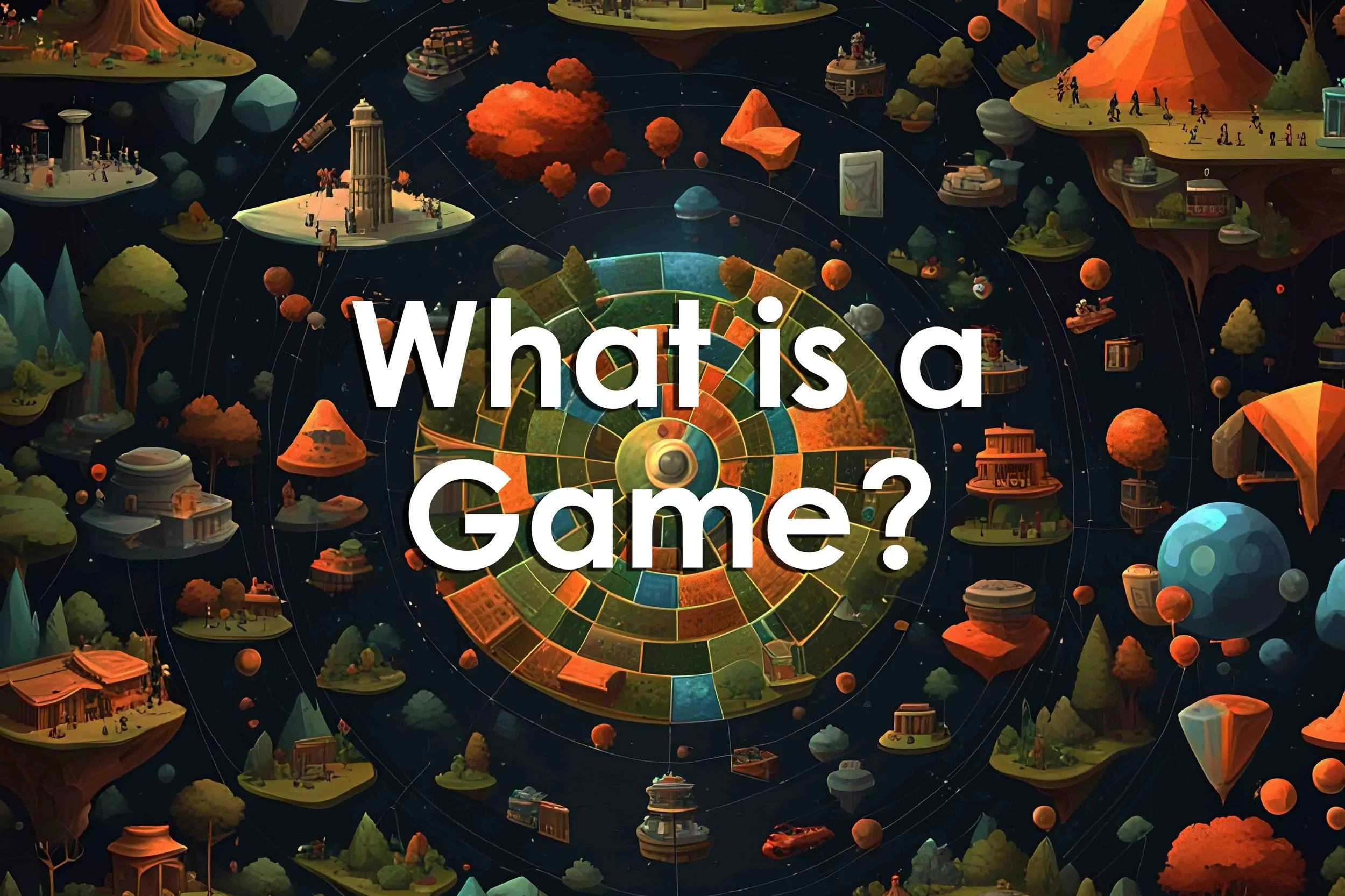The article examines core dynamics in game design, emphasizing their impact on player experiences. Using the Mechanics-Dynamics-Aesthetics (MDA) framework, it defines mechanics as gameplay's foundation and dynamics as behaviors emerging from interactions. Core dynamics, such as racing, collection, and exploration, unify mechanics with aesthetics to engage players and achieve goals.
Read MoreThis article explores the classification of games into competitive, cooperative, and hybrid types, analyzing their structures, goals, and social impacts. It discusses challenges in categorization, the history and applications of each type, and how games can enhance teaching, learning, and social-emotional development through tailored design and player engagement.
Read MoreThis article will explore the aspects of games as mediums for interactions. It’ll examine games as constructs for occupying a particular space and how players interact with it. Games will also be explored as pieces of art and how they influence narrative aspects such as stories. Often, the interactive elements of games are shaped by their genre and themes. This will be discussed in addition to how games are often structured as a means for social interactions. This kind of structure can serve as a means of establishing socially normative activities between and amongst players.
Read MoreOne of the hardest and most difficult questions that can be asked about games is what they are and how they are defined. The answers, responses, and philosophies regarding these big questions are as diverse and varied as those who have sought to define them. Therefore, this article will attempt another take on defining games and discussing their meaning and interaction for the people that play, define, apply, and share them.
Read MoreThis article will define player engagement and relate it to its roots in understanding player motivation. Player engagement has most to do with the amount of time that players engage with the game and how their investment best relates to the player experience. That player’s experience is informed by multiple sources. They include interaction and how players augment the game; how players receive and interpret feedback, and how challenges and difficulty are scaffolded and presented to players through games and games-based learning.
Read More




